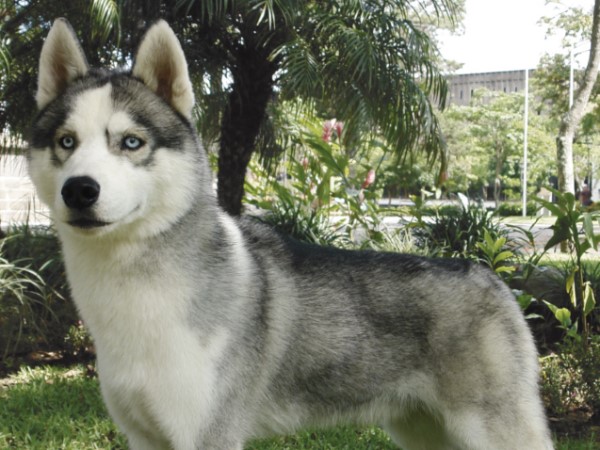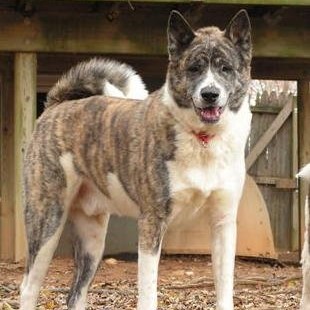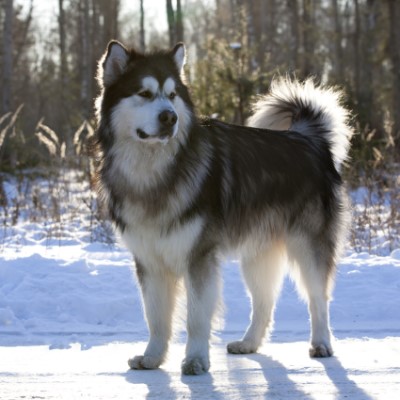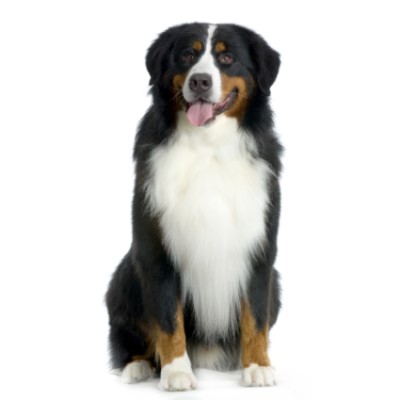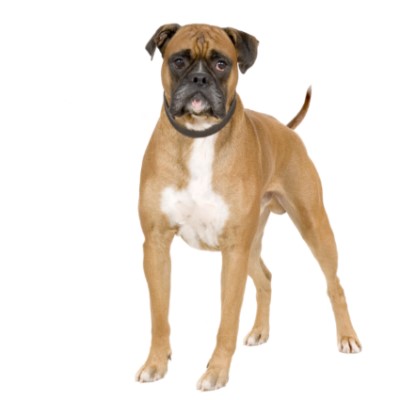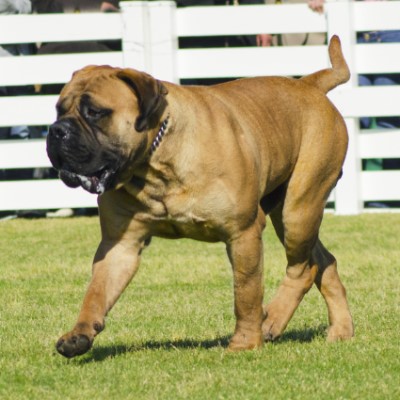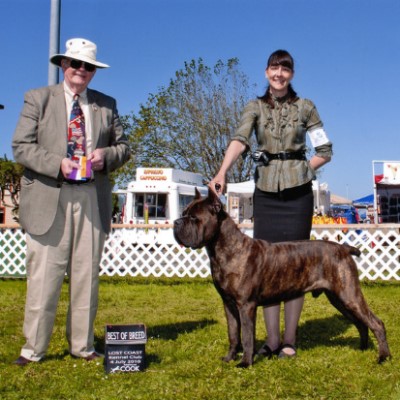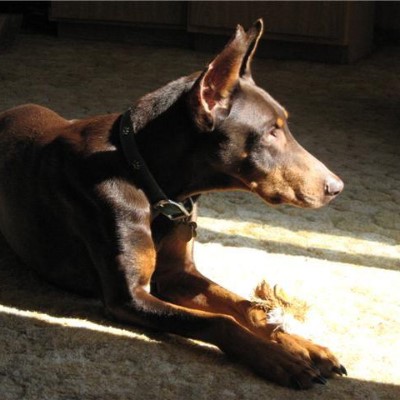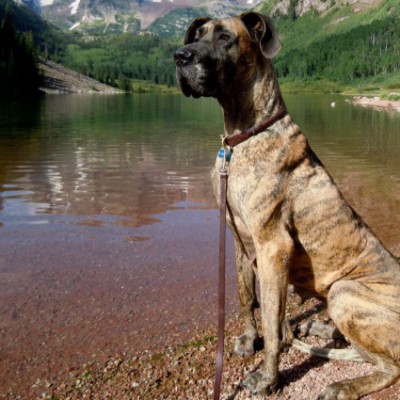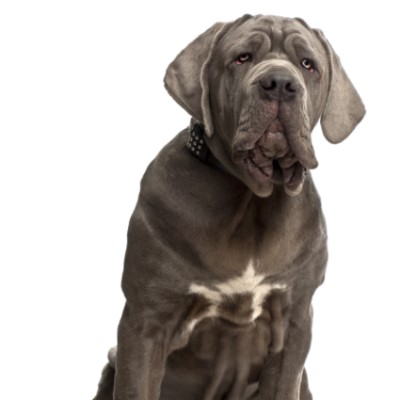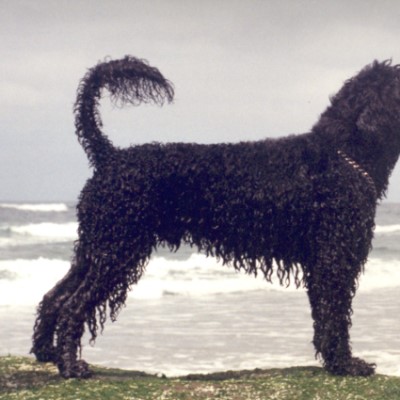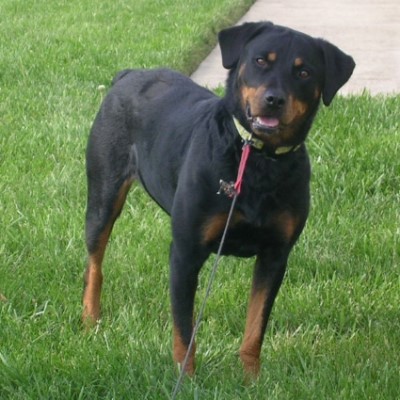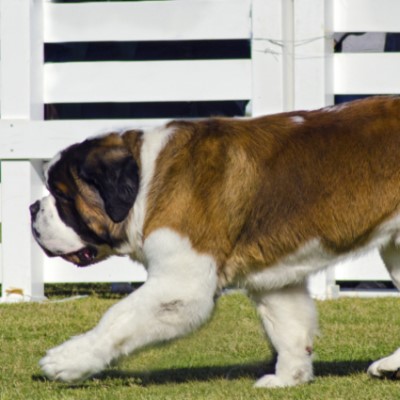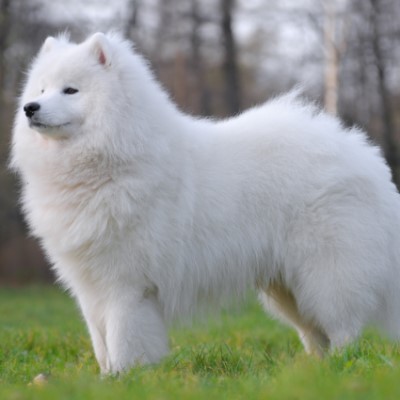Common Reasons for Surrender
Many Siberian Huskies become strays after running off or after being abandoned by their owner. Some of these Huskies end up in a shelter while others wander into neighborhoods. Rescuers agree that Huskies are sometimes mistreated because the adopting family did not understand the nature and the needs of the breed before they brought her into their home. Other reasons include a family move or the dog killed the family cat.
Pros
The Siberian Husky is a good companion, loveable, and enjoys walks together with his family. They are pack dogs and usually get along well with other Huskies.
The Husky can and should be crate trained so there is a “den” where the dog can rest, chew on a toy, and be content when the family leaves home for a short time or when visitors enter the home. New owners are usually drawn to the Husky because of her elegance and her fine features. Huskies are also great rat and mice catchers and some can be trained to open doors for you.
Cons
Huskies are runners, escape artists, don’t always listen to you, and are hard to train at times. The Husky can play rough and his playful nip is often misunderstood as a bite. They shed twice a year with excessive hair loss. The Siberian Husky does not usually get along with cats and may, in fact, injure or kill a cat as prey. The breed needs to be with their people and will get lonely if the owner isn’t around very much.
Diet
 The Husky needs a high protein diet with very little grain. Some Huskies are allergic to grains so find a kibble which has protein, especially chicken base, as the main ingredients. The Husky isn’t a finicky eater and especially enjoys rolled chewies.
The Husky needs a high protein diet with very little grain. Some Huskies are allergic to grains so find a kibble which has protein, especially chicken base, as the main ingredients. The Husky isn’t a finicky eater and especially enjoys rolled chewies.
Exercise
A Siberian Husky has an active mind and body, so she will need to be exercised at least twice a day. She loves walks, playing ball, and chases around the yard. Some Huskies are good at dog parks, although a dog park is not necessary. The main thing to remember is to give your Husky a lot of attention and opportunities for exercise.
Possible Health Issues
Siberian Huskies are generally very healthy, but at times can deal with two inherited genetic diseases. The main general health issue to watch for is hip dysplasia, which is a common problem in larger dogs. The Husky is vulnerable to three eye problems: juvenile cataracts, corneal dystrophy, and Progressive Retinal Atrophy (PRA). These eye diseases can occur in dogs of any eye color. If you think your dog is sick, you are prudent to make an appointment with a regular veterinarian as soon as possible because emergency vet care charges much more for quick treatment.
Housing
Bear in mind that intense heat is not only uncomfortable for the Husky but can also be dangerous and even deadly. If you live in a climate where you never see snow, you may want to consider a different dog. If you live in a climate that has snow but also experiences intense summer heat, remember that your dog will need air conditioning and will need to exercise in the cool of the day, such as at dawn and at sunset, in order to withstand the temperatures.
Grooming
The Siberian Husky sheds profusely or “blows his coat” twice a year. Brush daily when the dog is blowing his coat (shedding). If not brushed during this season, you will find excessive hair loss throughout your home.
Training
Most dog trainers and breeders will tell you the Siberian Husky has a mind of his own. As a result, the Husky can be extremely hard to train, not because he does not understand obedience training but because he chooses not to listen. If you are very firm and persistent by nature, that helps.
Entertainment
Siberian Huskies have a strong prey drive, and they like to chase small animals or even butterflies. If a squirrel is in the backyard, your Husky will chase it around and may even try to climb a tree to catch it. Huskies enjoy playing games with other dogs.
|
ADDITIONAL RESOURCES
Siberian Huskies for Dummies by Diane Morgan
This is the Siberian Husky by Brearly
The Siberian Husky Club of America
http://www.canismajor.com/dog/siberian.html
We want to thank the Siberian Husky Rescue of California and Dog Trick Academy for help with this profile.
